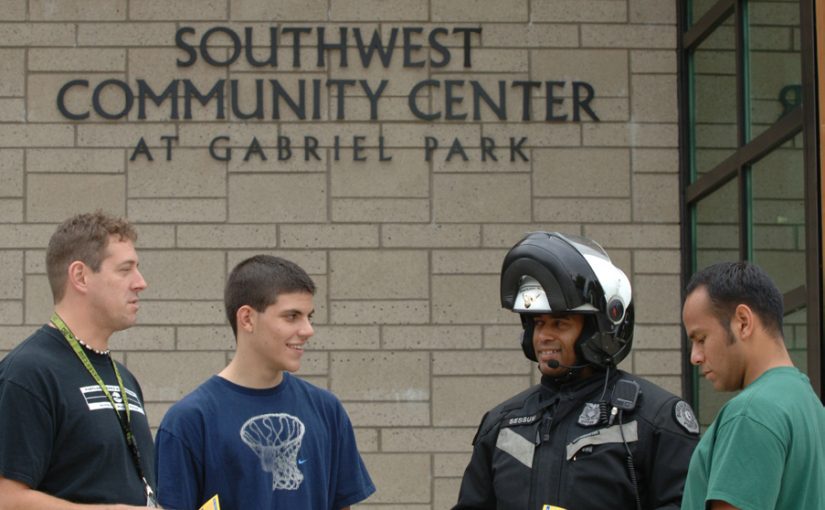
Throughout the United States violent crime has seen a marked reduction—reports of violent crime have decreased from 1.4 million in 2007 to 1.2 million in 2011.1 In the past few years, a growing awareness in high percentage rates of the detention of mentally challenged juveniles has made this good news contraindicative.2
The Miami-Dade, Florida, Schools Police Department (MDSPD) has participated in dozens of diversion models over the past 10 years, looking to reduce juvenile arrest while providing needed services. Each program that aired was given a review by staff hoping to find the one that addressed all of the needs of the youths it serves. Many helped to redirect youth in positive ways, and many were just lessons learned along the way on what not to do. In order to provide the best solutions for the school’s youth, some historical programs were re-evaluated and discarded that held no evidence-based reporting, and, then, experts were secured in fields where law enforcement was lacking nationwide, regarding youth and delinquent behaviors. A firm commitment was made not merely to create a program but to change the entire process of how to handle youth challenges. This process involves all persons that play a role in the maturation of our youth and is titled The Youth Assessment Model.


